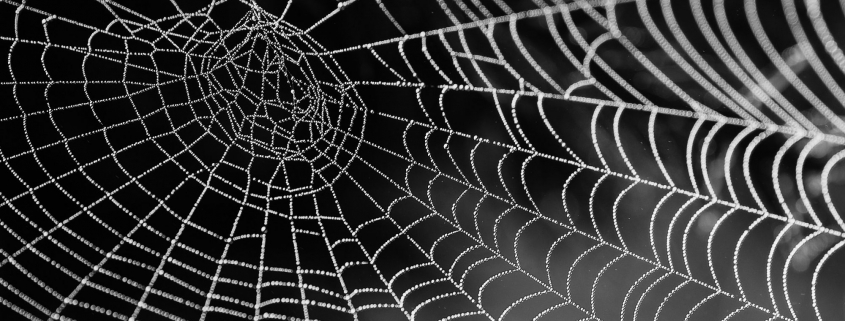Wyrd Part 1: The suppression of Wyrd
First Published in ORB No.97, June 1990
Why is it that references to the Wyrd are so few in number? Why is it that the concept of Wyrd has all but been forgotten for well over one thousand years? In fact, we are very lucky to have an, references left at all.
The answer to this searching question is that Wyrd was deliberately suppressed by the Christ-people. Why? Because the Wyrd, as the Supreme Cosmic Mind or Intelligence, would not fit in with the idea of a Judaic ‘God’ who professes domination over all ‘his’ creation. Nor would it fit the idea of his ‘son’, Jesus, as the Messiah or Saviour of mankind. So the Wyrd, as the actual intelligence behind creation, had to be suppressed.
In written works of the Old English period the thought of Wyrd as woven by three Goddesses was consciously played down by writers and copyists. In ‘Beowulf’, where the word ‘Wyrd’ occurs nine times, the poet has imagined ‘God’ as the Weaver, thus giving a veneer of Christianity to a purely pagan idea. Two centuries later the Christian writers no longer regarded ‘God’ as being subject to Wyrd, for Wyrd becomes subject to ‘God’, or regarded as one of his attributes.
“What we call Wyrd is really the work of God about which He is busy every day.” – Alfred the Great.
Then followed the virtual suppression of Wyrd altogether, though not quite! For the Wyrd Sisters surfaced again in Chaucer’s ‘Legend of Good Women’ – “The Wyrdys that we clepyn destine”, and again around 1450 in ‘The Court of Love’ – “I eons the three of fatelle dentine that be our Werdes,”
Again the Wyrd Sisters raised their heads in 1605 as the Weird Sisters of Shakespeare’s ‘Macbeth’. Most interestingly they are portrayed as battle-maidens. (Though perhaps not surprisingly in view of the name ‘Shakespeare’ – spear-shaker!)
“First witch: When shall we three meet again?
In thunder, lightning and in rain?
Second witch: When the hurly-burly’s done,
When the battle’s lost and won.”
Here we are reminded of ‘Beowulf’: “The Lord gave the people of the Waders webs to speed them in battle.” It would appear that Shakespeare’s source for the Weird Sisters was ‘Holinshead’s Chronicles’, from which clearly the three sisters are associated with the time-continuum of Past, Present, Future: The first of them spoke and said: “All hails Makbeth, thane of Glamis!” (For he had lately entered into that dignities and office by the death of his father Sinell.) The second of them said: “Hails Makbeth, thane of Cawdor!” But the third said: “All hails Makbeth, that hereafter shall be King of Scotland!”
Interestingly, a woodcut from the first edition of the ‘Chronicles’ shows the sisters by a tree – obviously Yggdrasil! Despite the deliberate and systematic suppression of the Wyrd the concept arose from the Folk-soul at certain times. Of course the Cosmic Mind could never be fully suppressed and only fools would think that they could do so. The truth surfaces in the end! The Wyrd was at the beginning and is eternal, and the Sisters of Wyrd still weave the Web of Wyrd for Gods and Men and all things in the Nine Worlds.


